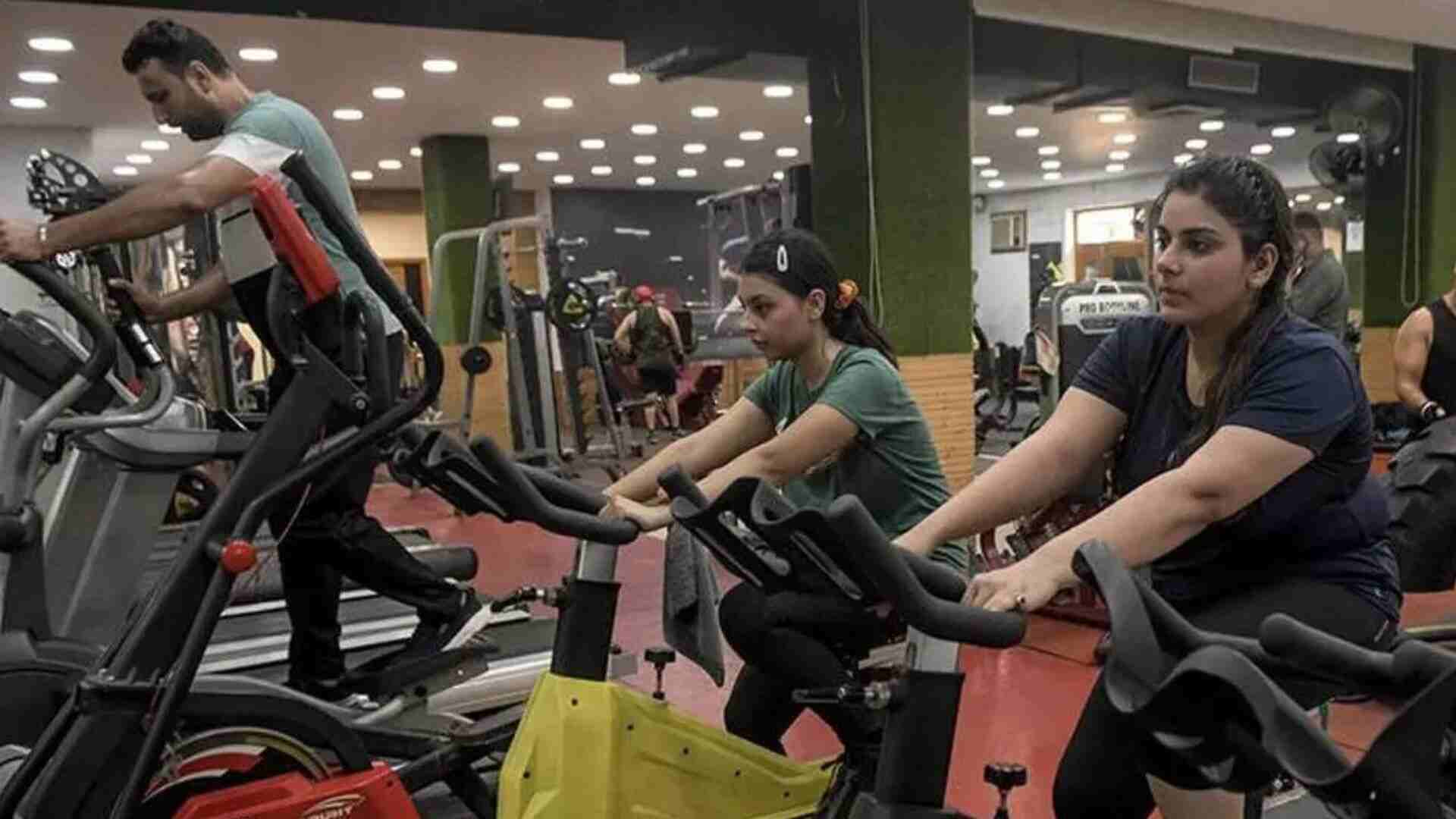A recent report published in The Lancet Global Health journal has shed light on a critical health issue in India: a significant portion of the population, with 57% of women and 42% of men, does not meet recommended levels of physical activity. This trend mirrors concerns across South Asia, where nearly half of adults in India fell short of adequate physical activity in 2022. Projections suggest that by 2030, this figure could rise to 60%, marking a stark increase from 22% in 2000 and 34% in 2010.
This worrying trend has serious implications for public health. A 2023 study by the Indian Council of Medical Research-India Diabetes (ICMR-INDIAB), published in The Lancet Diabetes and Endocrinology journal, estimated that 101 million Indians were living with diabetes in 2021, while 315 million had hypertension. These figures underscore the urgent need for lifestyle changes.
Dr. Manish Pendse, a Senior Consultant Physician and Diabetologist at Medicover Hospitals in Navi Mumbai, attributes these alarming statistics to poor lifestyle choices and an unhealthy diet. According to Dr. Pendse, “Many people opt for processed, packaged, or junk food instead of nutritious options, leading to various health issues such as obesity, diabetes, cardiovascular diseases, digestive disorders, high cholesterol, hypertension, stroke, and skin ailments.”
To address this growing health crisis, Dr. Pendse recommends integrating regular physical activity into daily routines. “Engaging in activities like walking, jogging, yoga, and meditation, along with more vigorous exercises like running, cardio, weightlifting, and gym workouts, for at least 30 to 40 minutes daily can boost metabolism and aid in weight management,” he advises.
Furthermore, Dr. Pendse stresses the importance of a balanced diet rich in essential nutrients such as proteins, vitamins, minerals, carbohydrates, and omega-3 fatty acids. He warns against unhealthy habits like excessive alcohol consumption, smoking, and prolonged periods of inactivity. “Consulting with healthcare professionals for personalized guidance and strategies to maintain fitness in today’s fast-paced lifestyle is crucial,” he adds. “Additionally, managing stress through relaxation techniques is essential for overall well-being.”
The findings from The Lancet serve as a stark reminder for India to prioritize physical activity and adopt healthier lifestyles to combat the rising prevalence of lifestyle-related diseases.







